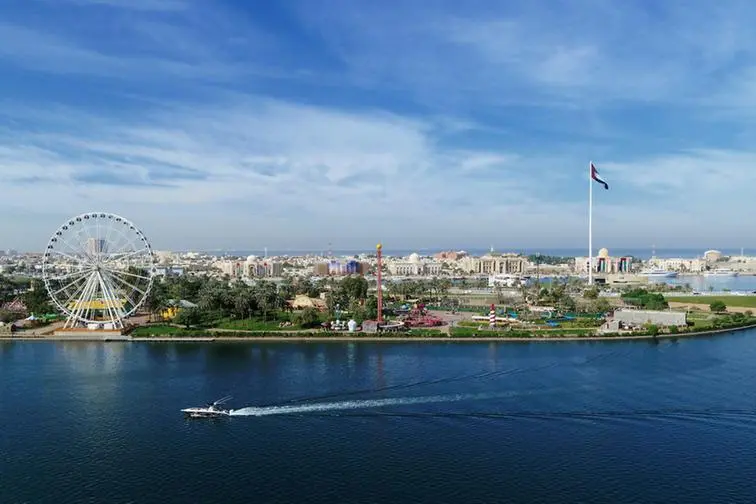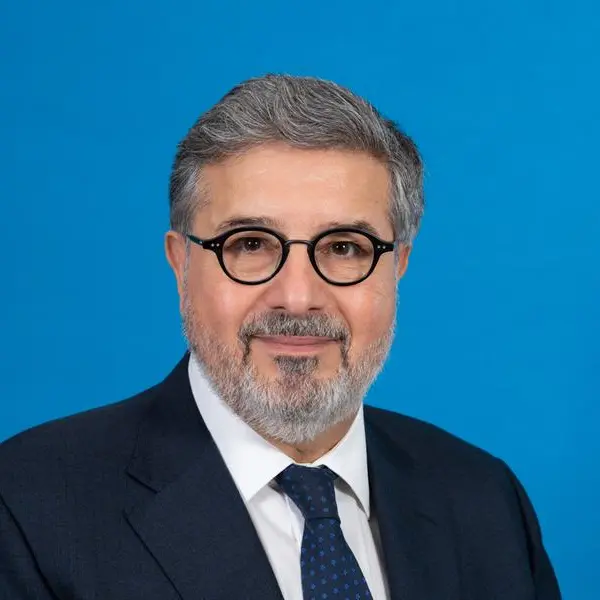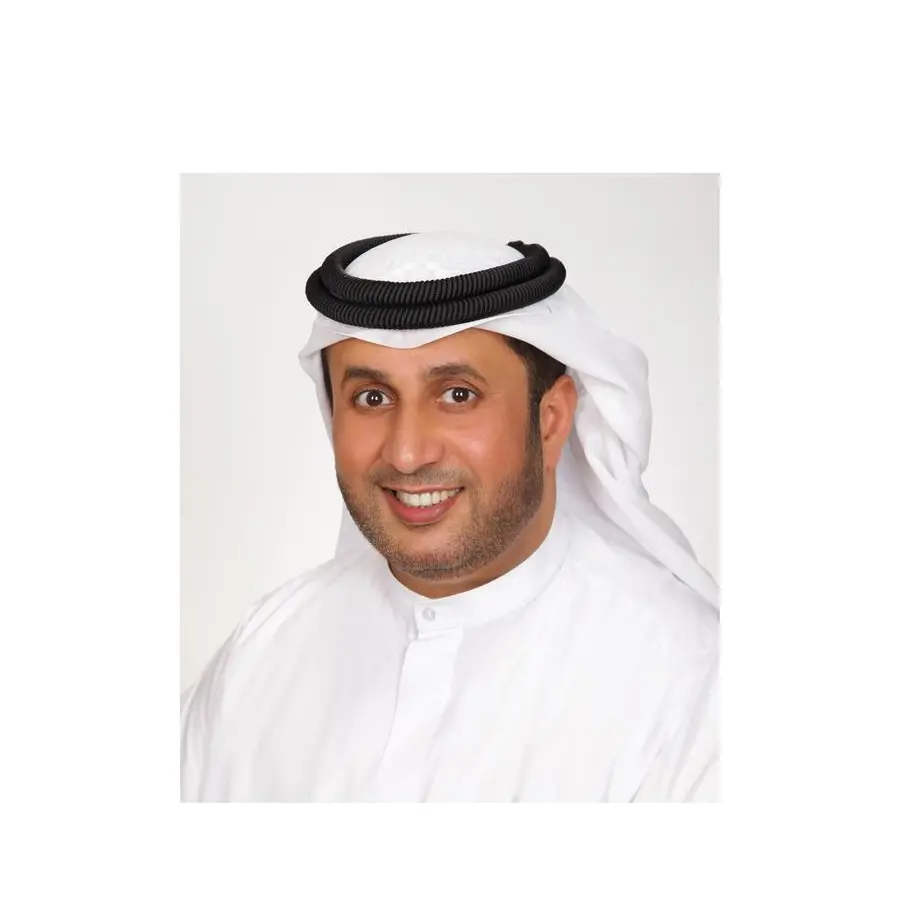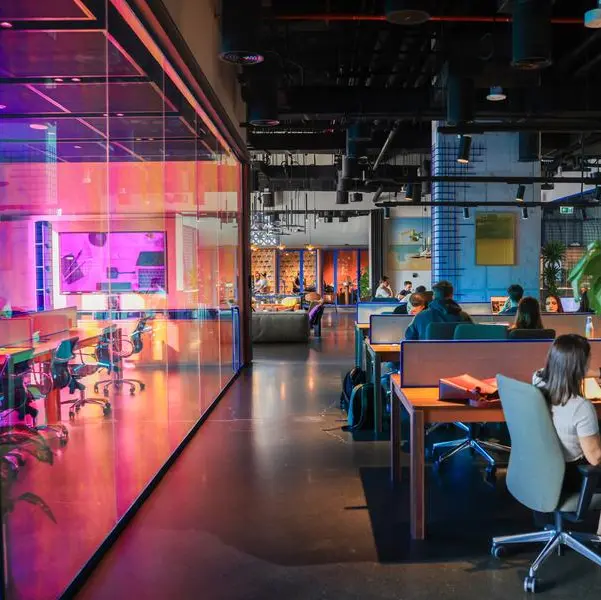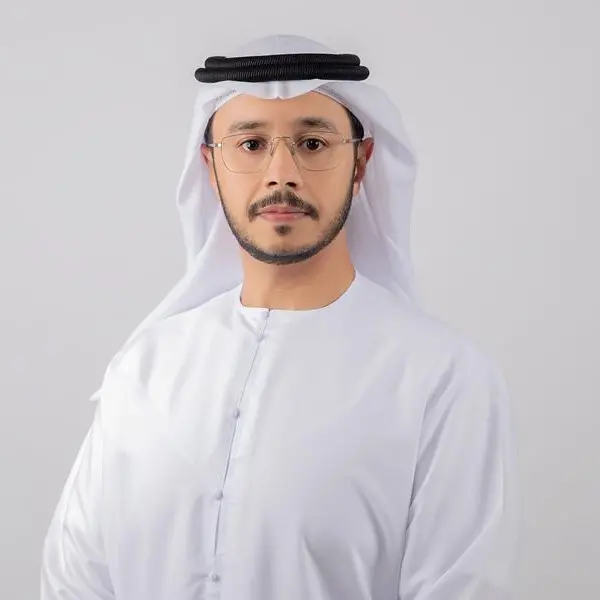PHOTO
- In 2023, the ‘wholesale and retail trade’ sector led the emirate's GDP, accounting for a 24% share.
- 'Manufacturing' was the second highest contributor to the GDP with 16.7%.
- The ‘agriculture, forestry, and fishing’ sector recorded the highest growth rate, reaching 19.1%.
- The ‘accommodation and food services,’ ‘financial and insurance,’ and ‘electricity, gas, water supply, and waste management’ sectors ranked second, third, and fourth, respectively, in terms of growth rates for 2023.
- Figures demonstrate the emirate's focus on enhancing competitiveness, improving the investment climate, and diversifying its non-oil sectors
Sharjah: Sharjah's Department of Statistics and Community Development (DSCD) has announced substantial growth in the emirate's gross domestic product (GDP) for 2023. The preliminary estimates show a 6.5% surge, reaching approximately AED 145.2 billion, compared to 136.4 billion in 2022, which marked a 4.9% growth from 2021. The newly-revealed figures are based on estimates from the comprehensive economic survey conducted from 2017 to 2023, indicating Sharjah's robust economic momentum and competitiveness, bolstering its status among the region's fastest-growing and most diverse economies.
Non-oil sectors also saw significant uptick, reaching AED 142.5 billion in 2023, up from 133.1 billion in 2022, marking a 7.1% increase, reflecting the emirate's economic diversification and investment in alternative sectors, further enriching the local economic structure. The ‘wholesale, retail trade, repair of motor vehicles and motorcycles’, ‘manufacturing’, and ‘construction’ sectors collectively contributed AED 72.5 billion, reinforcing Sharjah's status as a leading commercial and industrial hub in the region.
Wholesale and retail trade sector leads as highest contributor to GDP
In a detailed breakdown of the preliminary GDP components for 2023, the ‘wholesale, retail trade, repair of motor vehicles and motorcycles’ sector was the primary economic driver, accounting for 24% (AED 34.8 billion) of the total GDP output, underscoring the sector's pivotal role in stimulating economic activity and job creation. Meanwhile, the ‘manufacturing’ sector contributed 16.7% (AED 24.3 billion) of the total GDP, attributed to the diverse production base and active contributions to advancing the emirate's industrial and knowledge economy.
Agriculture and fishing sector records the highest growth
Notably, the ‘agriculture, forestry, and fishing’ sector recorded the highest growth rate at 19.1%, illustrating efforts to enhance food security and sustainability. This was followed by the ‘accommodation and food services’ sector at 17.5% growth and the ‘financial and insurance’ sector, which saw a 12.3% increase. The ‘electricity, gas, water supply, and waste management’ sector also showed a solid growth of 7.8%.
Other sectors such as ‘construction’, ‘manufacturing’, and ‘human health and social work’ also registered positive growth rates of 7.7%, 7.6%, and 7.1%, respectively. These figures indicate a comprehensive growth in non-oil sectors, boosting the diversification of the local economy and supporting the ongoing development of the emirate, while also enhancing resilience against future economic challenges
Balanced economic growth
Commenting on the preliminary estimates, Sheikh Mohammed bin Humaid Al Qasimi, Chairman of DSCD, said: “The results showcase a strategic transformation in Sharjah's economic landscape, hastening the drive towards diversification and reliance on non-oil sectors, which are fundamental pillars for a more sustainable and thriving economy. This development not only bolsters the economy's resilience in facing global fluctuations but also solidifies Sharjah's status as an attractive investment hub that offers a dynamic business ecosystem and abundant growth prospects."
The Chairman added: "Sustainable development requires a balanced distribution of resources across various sectors. The noticeable increase in the contribution of non-oil sectors is an indicator of Sharjah's balanced economic growth and its progress towards an integrated economic model. These indicators are propelling the emirate's sustainable development goals towards achieving societal prosperity and welfare, aligning with the vision of His Highness Sheikh Dr. Sultan bin Mohammed AlQasimi, Supreme Council Member and Ruler of Sharjah.”
The preliminary estimates were based on the comprehensive and ongoing economic survey results from 2017 to 2023, which included all independent bodies and the public sector. This approach adheres to globally recognised methodologies and classifications, reflecting the economic indicators for activities and sectors within the emirate for 2023.
-Ends-
